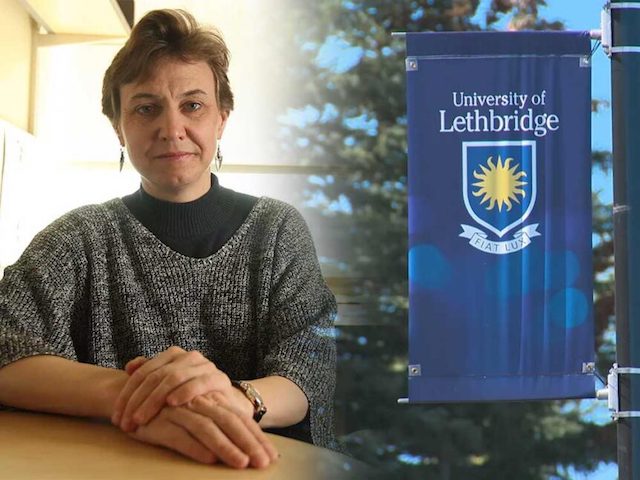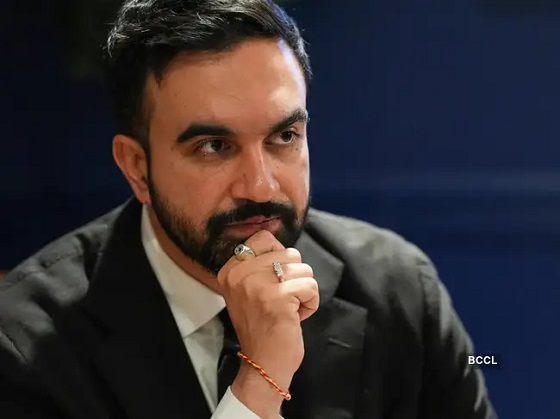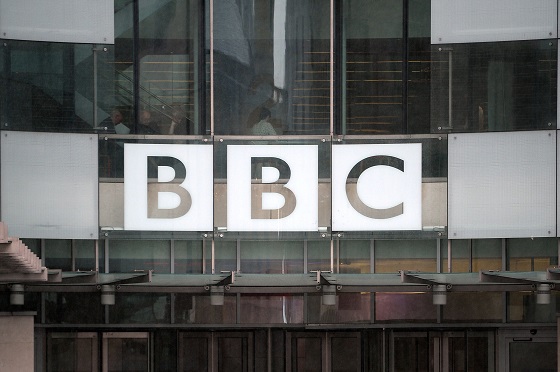CALGARY, ALBERTA: The Justice Centre for Constitutional Freedoms announces today that a court action was filed against the University of Lethbridge (UofL) on July 26, 2023, on behalf of Dr. Frances Widdowson, UofL professor Dr. Paul Viminitz, and UofL student Jonah Pickle. The three applicants challenge the UofL decision to cancel an event in February 2023 where Dr. Widdowson was slated to speak on the topic of “How Woke-ism Threatens Academic Freedom,“ as violating their Charter-protected freedoms of expression and assembly.
The court action seeks a declaration that UofL breached the applicants’ freedom of thought, belief, opinion and expression, and freedom of peaceful assembly guaranteed under theCharter, as well as an injunction requiring the UofL to permit the event to proceed on campus.
In November 2022, Dr. Paul Viminitz, a UofL philosophy professor, invited Dr. Widdowson to speak at UofL on the topic of how woke ideology is hostile to free speech, open inquiry, and dissent, which are essential components and conditions of universities. The purpose of the February 1, 2023 event was for interested parties to assemble and engage in social and democratic discourse. The UofL boasts how the institution provides a liberal education, preparing students “to think critically and creatively, communicate clearly, solve complex problems, and contribute fully to society.”
Dr. Widdowson had been a tenured professor at Mount Royal University (MRU) in the department of economics, justice, and policy studies until she was fired in late 2021. She has spent much of her academic career focused on public policy in relation to indigenous people, including the causes of massive socioeconomic disparities between indigenous and other Canadians, and her extensive scholarly research has led her to what some deem “politically incorrect” conclusions which do not conform with “woke” ideas.
The university approved the booking for Dr. Widdowson to speak but in late January a significant backlash to the event developed, including calls for the UofL to cancel the event by signatories to two petitions, by UofL’s Department of Indigenous Studies, and by various members of UofL’s faculty. UofL President Mike Mahon initially resisted the public pressure to cancel the event, but on January 30, 2023, capitulated.
According to the action, the cancellation was on the following grounds:
a. “assertions that seek to minimize the significant and detrimental impact of Canada’s residential school system are harmful”;
b. cancellation was for the “safety” of the “diverse community”, although the UofL was almost certainly referring to ideological safety from opposing viewpoints, which is contrary to the purpose and existence of a post-secondary education;
c. harm associated with the talk was an impediment to “meaningful reconciliation” pursuant to the calls to action of the Truth and Reconciliation Commission of Canada; and
d. delegation of decision-making, ostensibly, to “indigenous people”.
Despite the cancellation, Dr. Widdowson chose to attend the UofL on February 1 and speak in the UofL Atrium. A large counter-protest was planned and carried out that interfered in Dr. Widdowson’s ability to be heard. After moving to an adjacent area to continue the lecture with those who wished to hear, she continued to be drowned out by shouting, drumming, and chanting. The talk was eventually moved online to Zoom that evening.
“My experience at the University of Lethbridge is a textbook case of how ‘woke-ism’ is threatening academic freedom and freedom of expression on university campuses,” said Dr. Widdowson. “Instead of encouraging faculty and students to engage with my ideas in order to reach a better understanding of totalitarian identity politics’ impact on the academy, the University of Lethbridge created an ‘unsafe space’ for critical thinking and open inquiry. This means that the development of knowledge and theoretical understanding is being compromised at this academic institution.”
“When the UofL claims to be protecting the ‘safety’ of its ‘diverse community’, the UofL in fact wants to keep students ‘safe’ from hearing anything the UofL might disagree with. This is completely contrary to why UofL exists in the first place,” stated John Carpay, President of the Justice Centre for Constitutional Freedoms.
“In a liberal democracy, it is essential that diverse voices and viewpoints be free to gather to share ideas, to seek truth, and to discuss policy,” says lawyer Glenn Blackett. “This is perhaps most essential on a post-secondary campus, which fails to serve its function without open inquiry and, as Dr. Widdowson says, rational disputation.”
“Increasingly, universities are in the business of interfering with the search for knowledge, on the premise that the truth is already known and that dissenting voices are somehow dangerous. It is, in other words, dogma, which is the opposite of science. If we can’t save our universities, there’s no telling what scientific, social, and economic progress we’re denying future Canadians.”



















